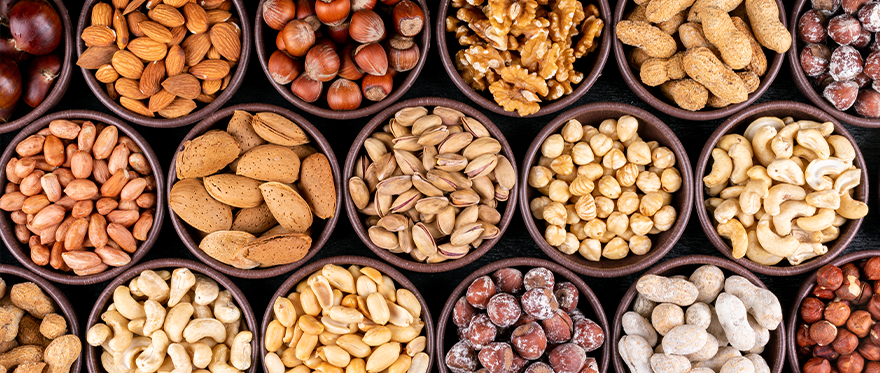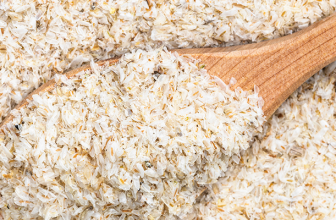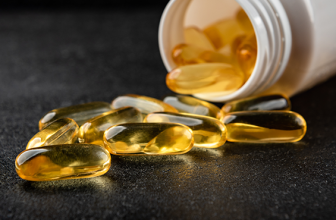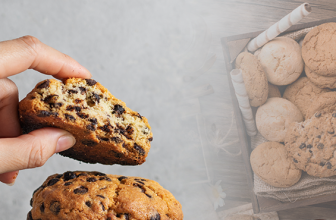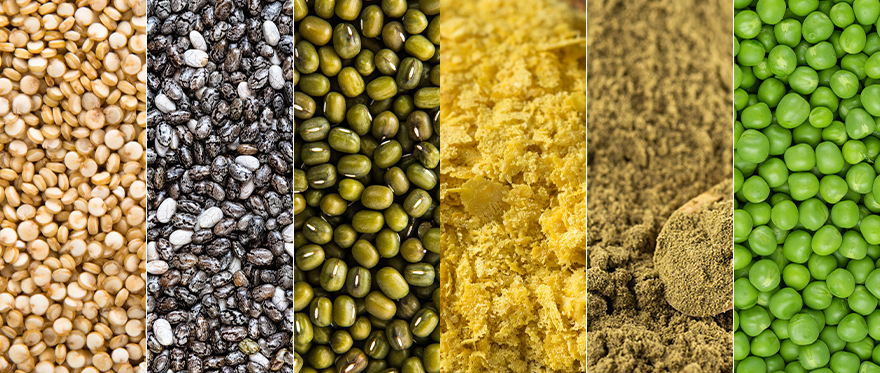
INTRODUCTION
Protein is a super important nutrient, especially if you follow a plant based diet. Protein helps us build muscle, grow and repair tissues, and do just about everything that gives our body and brain function. Protein is found in all types of food, but some sources are better than others. Here are some great plant-based protein sources:
Getting protein is super important, especially if you are plant based!
Proteins are made up of amino acids, which are the building blocks of proteins. Proteins are essential for growth, repair and maintenance of body tissues.
Amino acids are not all created equal. Some amino acids can be made by your body but others have to come from food sources. These essential amino acids cannot be produced by your body and must be obtained through diet or supplementation (for example, B12).
Plant-based protein sources like beans and lentils do not contain all nine essential amino acids in large amounts; therefore they are incomplete proteins. Beans and lentils also contain phytic acid that binds to minerals such as calcium (Ca), iron (Fe) and zinc (Zn). To prevent this from happening you need to soak them overnight or cook them for long periods at low heat so that the phytic acid is broken down into its component sugars.
Quinoa
Quinoa is a seed, not a grain. This means it’s gluten-free and high in protein and fiber. It can be used in a variety of ways: as an alternative to rice or pasta, as breakfast porridge, or even added to smoothies. It cooks quickly and is an excellent source of plant-based protein. Quinoa makes for a great meal any time of day—from breakfast through dinner to snacks!
Chia Seeds
Chia seeds are another great plant-based source of protein. One half cup of chia seed contains 9g protein, which is equivalent to an egg!
You can add them to smoothies, oatmeal, or baked goods and they’re a great replacement for eggs in baking recipes. You can also use them to make pudding!
Tempeh
Tempeh is a fermented soy product that can be used in many ways. It’s made from whole soybeans, which are cooked and then pressed into dense cakes. Tempeh is rich in protein and fiber, making it a great plant-based protein option.
You can find tempeh at most health food stores or grocery stores that sell organic items. You can buy it plain or marinated with different flavors like tamari (soy sauce), teriyaki sauce and barbecue sauce.
Tempeh works well in stir fries or as the main ingredient for sandwiches, wraps and pizzas!

Nutritional yeast (vegan parm)
Nutritional yeast is a yellow, powdery substance that you can sprinkle onto everything from rice to popcorn. It has a slight cheese-like taste and smell, but it does not contain any dairy products. In fact, nutritional yeast is often added to vegan recipes to simulate the texture and flavor of parmesan cheese!
To use nutritional yeast as a parmesan substitute: Sprinkle some on top of your meal before eating. You can also add it into pasta sauce or soup while cooking; this will give you more flavor in your dish without adding too much sodium or fat from other toppings like cheese or butter. The best part about nutritional yeast? It’s packed with vitamins! One serving contains B12 (which helps with weight loss), selenium (great for hair growth), iron (helps prevent anemia), folic acid (aids in digestion) and fiber (great for digestion).
Hemp Protein Powder
Hemp protein powder is a plant-based protein powder. It has all of the benefits of other plant proteins, but it also contains additional essential fatty acids and minerals that your body needs to stay healthy. Hemp protein powder is made from hemp seeds (the part you eat), which contain all nine essential amino acids.
Hemp protein powder can be used in a variety of different ways:
As an ingredient in smoothies or other recipes
To add flavor to baked goods, such as muffins and breads
Pea Protein Powder
Pea protein powder is a great alternative for those looking to avoid whey or soy as their source of protein. It’s an excellent source for vegans, vegetarians and even some omnivores who want to maximize their protein intake without eating meat.
Pea protein powder can be used in smoothies and baked goods like muffins, pancakes and cookies. Pea protein powder can also be used as an egg replacer in baking recipes. To use pea protein powder as an egg replacer mix 1 tablespoon of the powder with 3 tablespoons of water then add it to your recipe before whipping eggs together in a separate bowl (the more eggs you’re using the more pea protein/water mixture you’ll need).
Conclusion
The best thing to remember is that you don’t have to be limited by what we discussed today! There are so many different ways to incorporate plant-based protein into your diet, which means there is really no excuse not to. And if you were wondering how all those foods stack up against animal meat? Well, it turns out they can provide just as much protein—if not more—per serving. So go on and start experimenting with some of the suggestions we gave here today; you might find yourself surprised at how delicious they taste!

